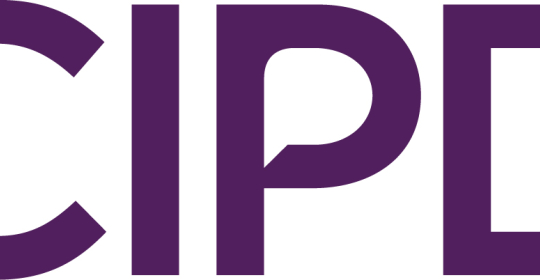The employment rate grew to a high of 76.5%, 0.6% higher than last year and 0.4% higher than the previous quarter. The unemployment rate remains at 3.8%, 0.2% lower than the same period last year.
The number of job vacancies increased by 7000 to 810,000, the first quarterly increase for more than a year. The Recruitment and Employment Confederation’s latest Report on Jobs and JobsOutlook surveys showed that employers are now making more permanent hires as confidence in the economy rose following the December election.
Sophie Wingfield, Head of Policy and the Recruitment and Employment Confederation, said:
“Today’s figures show a jobs market that is growing in confidence, putting record numbers of people in work. That’s great news for recruiters and the economy. Following a year of political and economic uncertainty, businesses are putting into action the ambitious hiring plans they had previously been cautious to press go on. The challenge now is to keep this momentum going.
“The government should take care in what is a crucial ten months ahead. Delaying the ill-conceived IR35 tax changes to 2021 to ensure they can be properly and fairly implemented is extremely urgent. The flexible labour market is already being stifled, and that’s not good for employers or our economy.
“Today’s increase in vacancy numbers means that as businesses start to look for more staff, an evidence-based immigration system will be crucial to supplying the skills that are needed across the economy. A sensible immigration plan that allows employers to recruit from abroad for sectors such as construction, health and technology where skills shortages are high is essential.”
- The ONS Labour Market figures can be found here.
- The REC Report on Jobs in February showed the first month-on-month increase in permanent staff appointments for over a year
- The REC JobsOutlook in January showed employer confidence in the economy improved slightly following the December election







